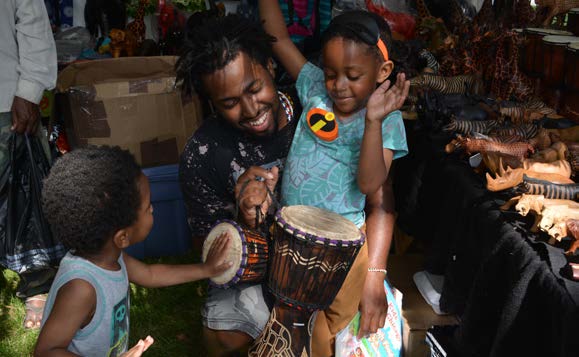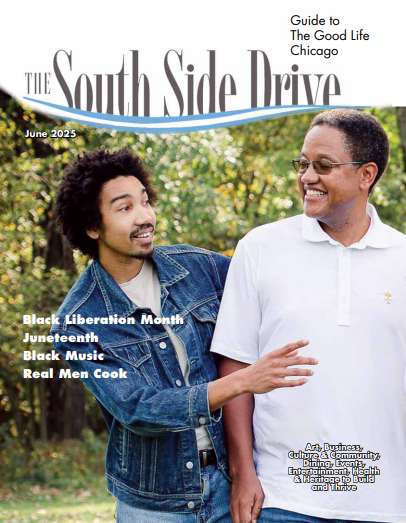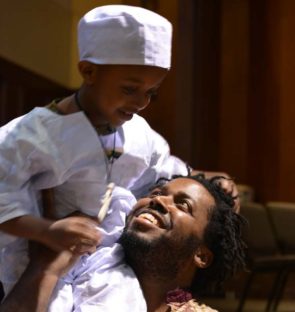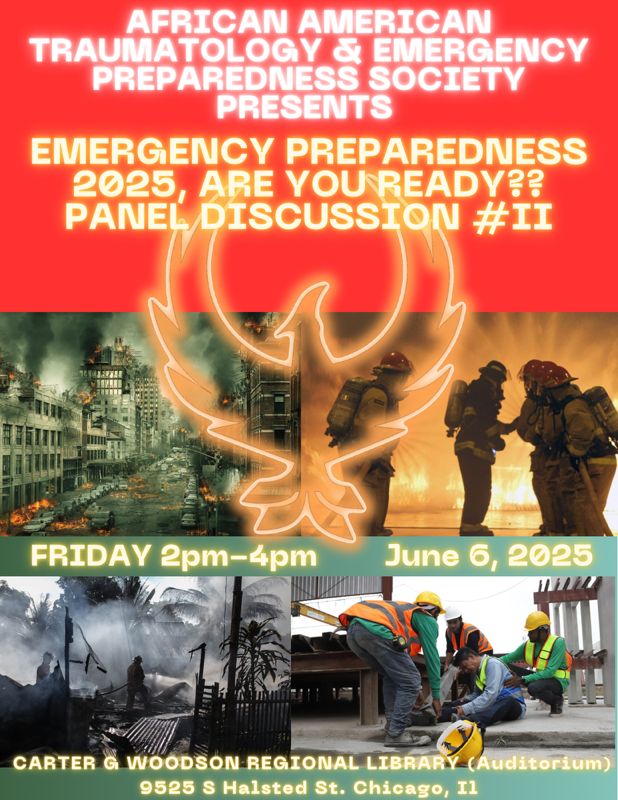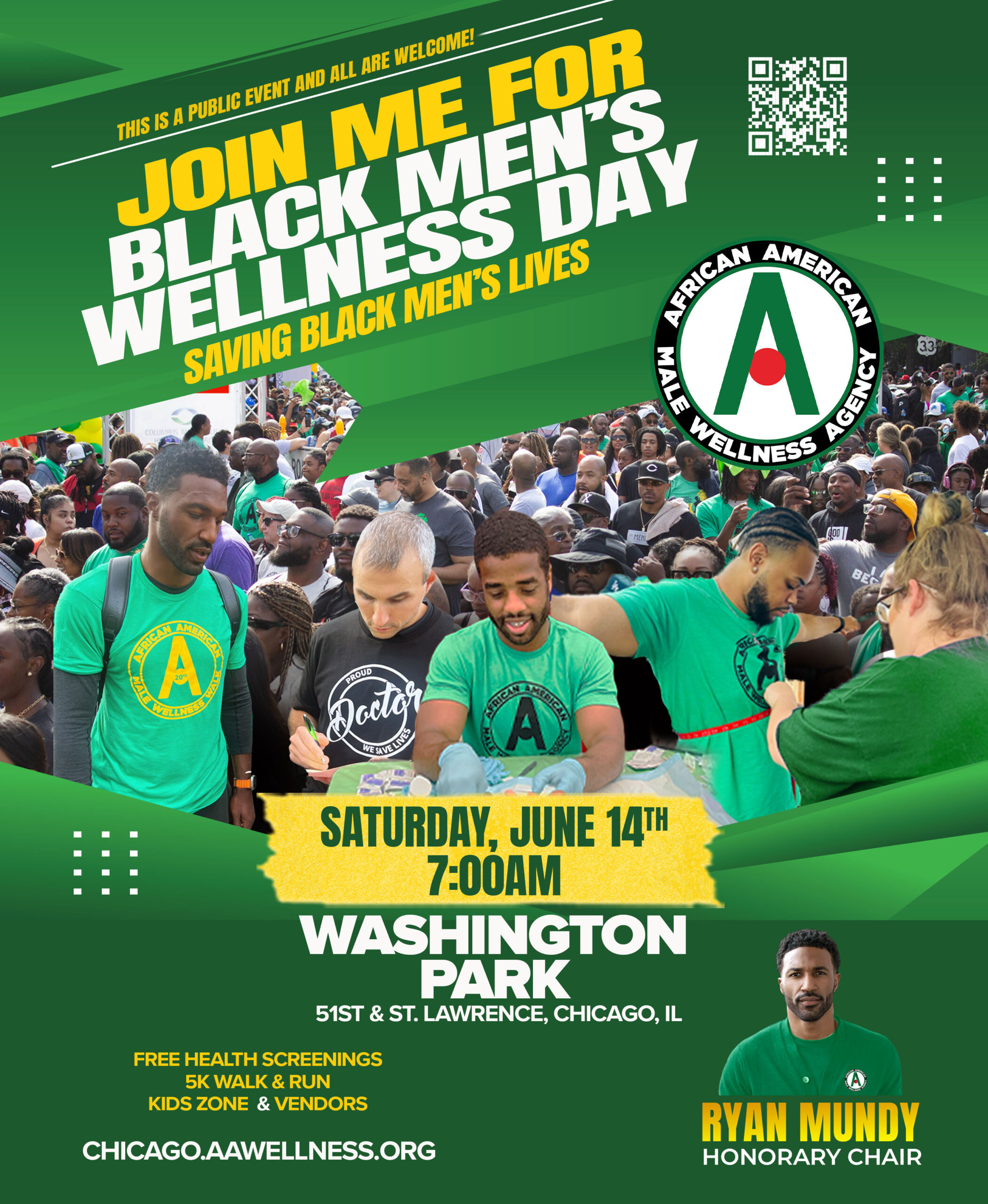From Introduction:
Embedded in FFHC’s approach is the fundamental belief that change can be facilitated by leveraging resources and by deploying the assets that exist within and outside the community, with Black men and boys being one of the most important resources to be leveraged and deployed. This requires calling on those connected to or in control of resources to share a common vision with those inequitably impacted by racialized systems. Within this charge, efforts must be driven by a set of measurable objectives and commitments to ongoing collaboration and coordination to advance agreed-upon goals that deconstruct the systems that continue to reproduce inequality. The application of this effort can be seen in the Black Men and Boys Community of Practice (BMB CoP) led by FFHC. It is a systems-focused initiative under development that seeks to engage a growing body of stakeholders and move those engaged stakeholders into collective action while harnessing their commitment to being agents of social change and racial justice.
From Results:
Criminal and Civil Law Systems
Participants most frequently stated that the criminal justice system in the United States is racially discriminatory and dehumanizes Black men and boys. A female participant said: “Having cousins and other Black men in my family who are part of the criminal justice system, specifically who are good, smart, talented people who had great potential when they were younger, but it’s the system they were sucked into…” Her comment emphasizes the widespread and negative impact of the disproportionate number of Black people involved in the criminal justice system. The impact of racially discriminatory sentencing has harmful ramifications for individuals, families, neighborhoods, and larger communities. The disproportionate incarceration of Black men and boys also created barriers to education, employment, and family relationships, which, in turn, worsens financial hardships, and is destructive to family connections and deconstructs opportunity pathways. 6 » CHICAGO BLACK MEN & BOYS Table 1: Systemic Barriers Barriers are rank-ordered by frequency. 1 = Greatest number of participants 5 = Fewest number of participants Barrier Rank Criminal & Civil System 1 Education System 2 Housing System 3 Banking System 3 Labor Market System 4 Healthcare System 5 Systemic Barriers COMMUNITY OF PRACTICE» 7 A participant attributed misinformation within the child support system to life-changing direction into a world of street survival. This participant was randomly apprehended during a night out and temporarily incarcerated for non-payment of fees related to child support payments. Unpaid child support processing fees were $108.
After brief incarceration (less than a week), the participant returned to work, only to be dismissed for a no call/no show. Embittered by the system, the participant found himself collecting unemployment and thrust into the illegal informal economy of hustling. This is just one of the many examples of how the criminal justice system has not only influenced a moment in the men’s lives but their families’ overall wellbeing and livelihood.
Education
From racist slights from teachers and school policy to district and city level decisions around school closings and resource allocations, education arose as one of the most harmful systems to Black boys (and girls), and an obstacle to them becoming successful. For example, a female participant talked about the lack of resources and poor quality of instruction in schools: “When I was growing up, we didn’t have books in our school and the ones we did were outdated. I had an Irish Catholic tutor from age 7 to 14 every Saturday because we knew that the school system was failing me. I would have been functionally illiterate…” Te lack of access to high quality primary and secondary education for African American children and youth creates disadvantages and disincentives for further involvement in the educational system and negatively impacts access to well-paid employment and opportunities for economic and social mobility.
Healthcare
Despite long-standing and deleterious health disparities, the healthcare system manifests as a barrier due to the experienced community members have related to a lack of access and subpar treatment. Issues were identified regarding the shortage of mental health services and a lack of tools to access existing health services. Institutional racism is pervasive in the healthcare system. Participants expressed a perception that relatives received sub-par treatment. The effects of a lack of access to quality healthcare can have multi-generational effects. “Death. At one time, I had even stopped believing in God. My pops passed away, then six months later my mom passed away while she was cooking my birthday dinner, and then three months after that my sister passed away. So it just…man, I just lost all my spirituality, because I couldn’t believe that God could put this much burden on me. With me, I know not to do suicide or anything, so I tried to self-medicate with narcotics and different things like that. Because I thought I say, wow, maybe if I get high enough, the Lord will take me away from here, then I go on to be with my mom and pops. Y’all don’t understand is that your parents suffer when your child is incarcerated, I’m doing time out here on the streets. I’m robbing Paul to pay Peter, and my child is locked up. I’m doing the same time he doing…
Advancing Safe and Healthy Families in Our Community
Barely keeping our bills paid because we trying to get this money to get our child out. But He had a mission, He had a purpose for me.” A female participant mentioned, “What I noticed, which is the practice of mental health workers, was ‘oh, you have a mental illness’—they put that on you and, you’re okay with being in this mental illness space—you don’t have to go to college—this is what you can do and these are your supports.” The intersection of healthcare and the criminal justice system was highlighted, as the criminal justice system penalizes people struggling with mental illness and incarcerates them, rather than providing treatment. The intersection of health, race, and gender was raised as a problem as well, as shown by the following quote: “But those were all tools that I had to learn—mental health is not really talked about in certain communities, not among women of color, so I felt like I was by myself in certain spaces—Black women talk about self-care and stuff like that but not really onset of certain things like depression.”
The Role of Fathers in Community Strengthening Black men and boys mentioned a range of factors that fuel their hopes and future success: talent in music and sports;
personal qualities such as optimism, perseverance, positive spirit, gratitude, strong mindset, determination, and creativity; personal supports such as the love of a mother, wife, or romantic partner; involvement in organizations; and spiritual life. Strength of character and personal relationships were identifed as the basis for hope, success, and resilience. Te BMB CoP project attempts to interact at the system level for community change through a multi-level approach to Fathers, Families and Healthy Communities.
Next Steps: Call to Collective Action
Building & Engaging a Community of
Practice
While Black Men and Boys have asserted their role and responsibility for advocating for themselves, their families and communities, in the face of systems that work against them, change is only possible when stakeholders from the various systems and institutional settings play a role in helping to mitigate the historical and structural racism maintained and advanced by systems and institutions.
